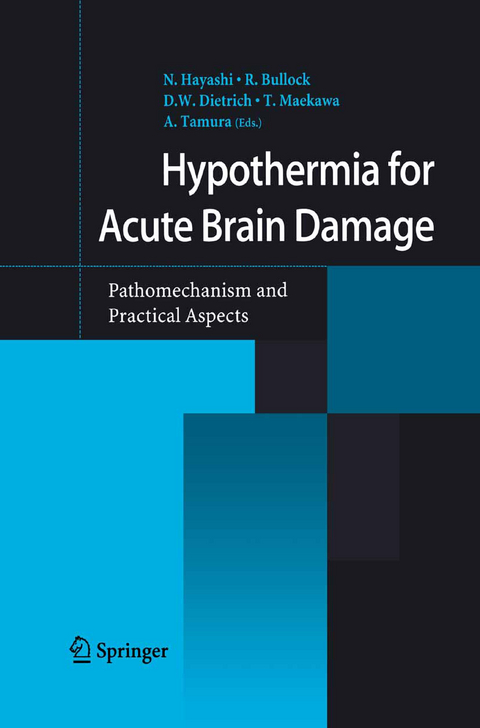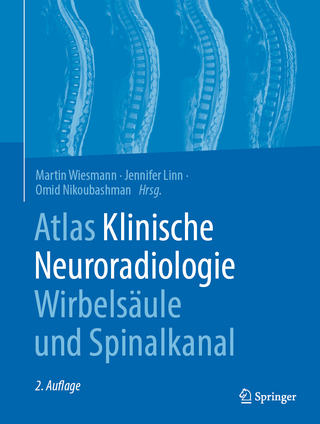
Hypothermia for Acute Brain Damage
Springer Verlag, Japan
978-4-431-21034-4 (ISBN)
Nariyuki HayashiProfessor and Chairman, Department of Emergency and Critical Care Medicine, Nihon University School of Medicine Ross BullockDepartment of Neurosurgery, Virginia Commonwealth University Health System, USA Dalton W. DietrichDepartment of Neurological Surgery, The Miami Project to Cure Paralysis, University of Miami School of Medicine, USA Tsuyoshi MaekawaDepartment of Emergency and Critical Care Medicine, Yamaguchi University Hospital, Japan Akira TamuraTeikyo University School of Medicine, Japan
1. Opening the Door to Hypothermia.- 2. Up-to-date Basic Science of Hypothermia.- 3. Development of Brain Hypothermia Treatment.- 4. Technique and ICU Management of Brain Hypothermia.- 5. Hypothermia Response.- 6. Neonate and Pediatric Brain Hypothermia.- 7. Experimental Research and Clinical Management.- 8. Preventing Persistent Vegetation.- 347.
| Erscheint lt. Verlag | 28.9.2004 |
|---|---|
| Zusatzinfo | XI, 353 p. |
| Verlagsort | Tokyo |
| Sprache | englisch |
| Maße | 155 x 235 mm |
| Themenwelt | Medizinische Fachgebiete ► Chirurgie ► Neurochirurgie |
| Medizinische Fachgebiete ► Innere Medizin ► Kardiologie / Angiologie | |
| Medizin / Pharmazie ► Medizinische Fachgebiete ► Intensivmedizin | |
| Medizin / Pharmazie ► Medizinische Fachgebiete ► Neurologie | |
| Medizin / Pharmazie ► Medizinische Fachgebiete ► Notfallmedizin | |
| ISBN-10 | 4-431-21034-2 / 4431210342 |
| ISBN-13 | 978-4-431-21034-4 / 9784431210344 |
| Zustand | Neuware |
| Informationen gemäß Produktsicherheitsverordnung (GPSR) | |
| Haben Sie eine Frage zum Produkt? |
aus dem Bereich


